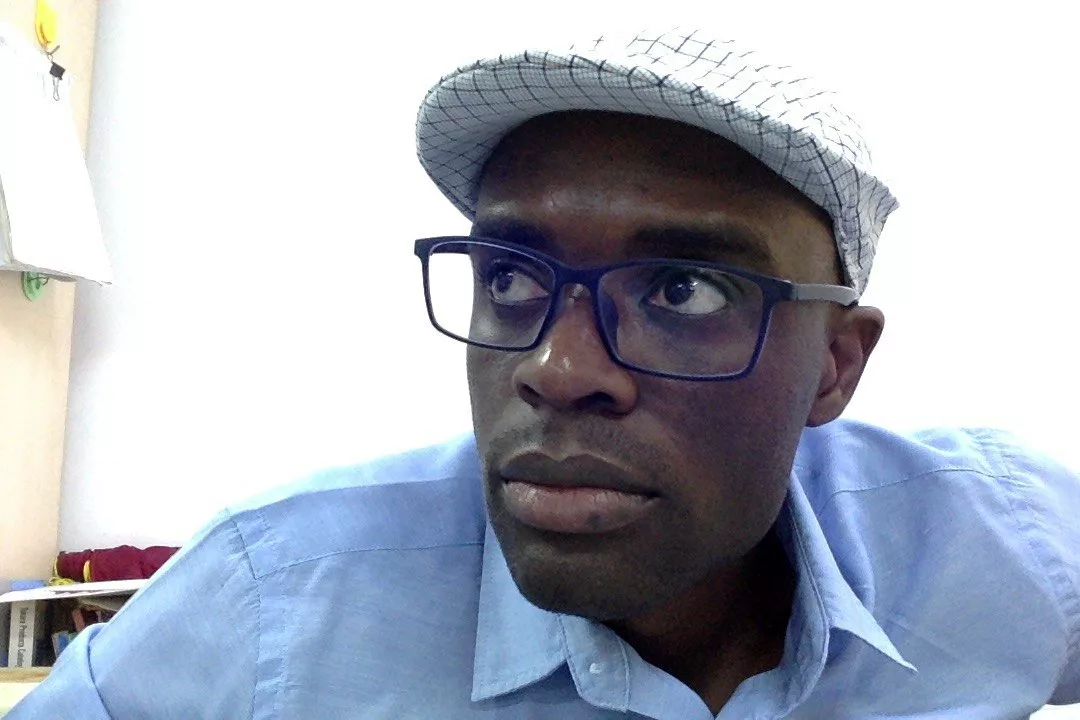|
Getting your Trinity Audio player ready...
|
Dr. Fanuel Songwe, a Researcher and Lecturer in the Department of Applied Biosciences and Biotechnology of the Midlands State University from Zimbabwe has been appointed to the Research Ethics Advisory Committee of the African Genetic Biocontrol Consortium.
The Africa Genetic Biocontrol Consortium (the Consortium) was established as an agreement among member organizations committed to the mission and goals to contribute to expanding African self-determination of the course of research, development, and use of genetic biocontrol approaches for controlling and eliminating malaria and other vector-borne diseases in Africa.
The member organizations of the Consortium are regionally represented non-governmental, professional, or similar organizations representing disciplines such as biomedical research, biotechnology, entomology, vector control, public health, animal sciences, biosafety, ecology, environmental sciences, social sciences, and public engagement that are interested in genetic biocontrol technologies.
The Consortium aims to expand African self-determination through the course of research, development, and use of Genetic Biocontrol approaches for animal, public health, and conservation of wildlife and the environment in Africa.
To achieve this objective, the Consortium has a committee that advises and guides research on genetic biocontrol technologies. One of these committees is the Research Ethics Advisory Committee which works to ensure safe implementation of work in genetic biocontrol transparently and ethically that respects the environment and the people.
Willy Kiprotich Tonui (PhD, EBS) of the Environmental Health and Safety (EHS Consultancy) appointed Dr. Songwe.
“On behalf of the Consortium’s Steering Committee, I wish to cordially invite you to support the Consortium by serving as a member of the Research Ethics Advisory Committee. Part of your roles will be, among others, to support ethics case consultation and ethics review, to support ethics education, and to advise the Consortium on the best practices that protect human research participants from harm in genetic biocontrol research. I look forward to your esteemed consideration of this invitation,” Dr. Tonoi said.
The African Genetic Biocontrol Consortium brings together scientists, policy-makers, and other stakeholders to ensure that technologies such as genome editing and genetic biocontrol are researched, developed, and deployed in a safe, ethical, and effective manner. Its main key focus areas include:






